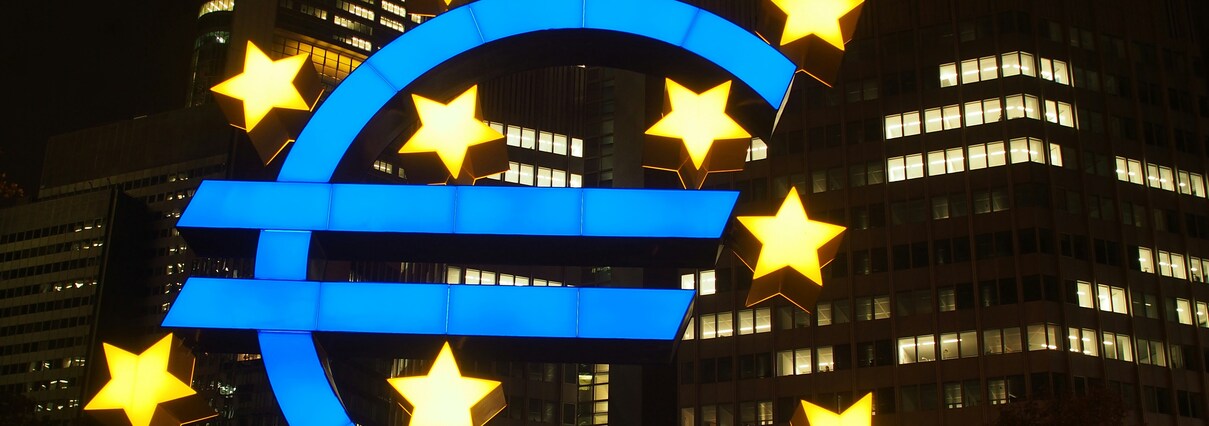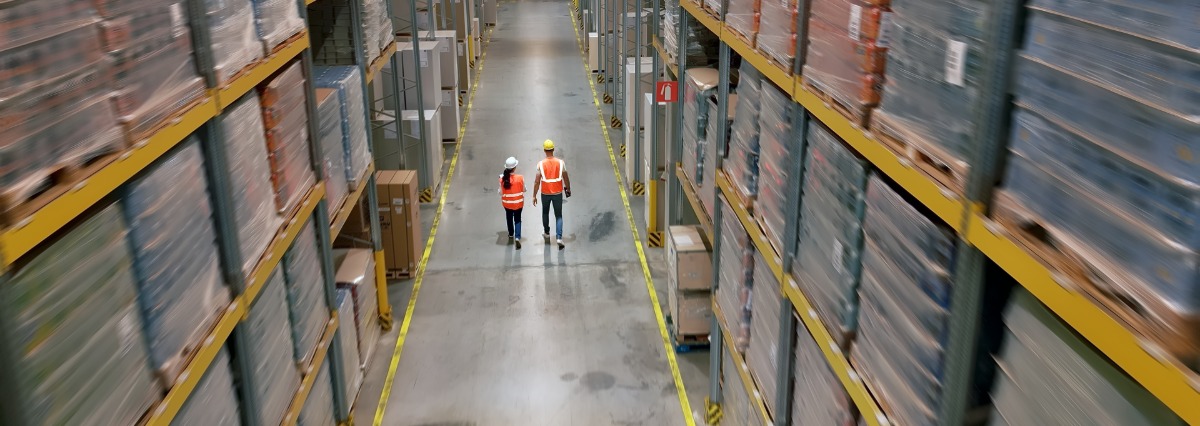In October, the German composite PMI registered below the 50 no-change level for the second time in a row, signaling a further contraction in economic activity. The slight improvement in the manufacturing PMI is a welcome development, but clearly too weak to even hint at a tentative turnaround. In addition, there are increasing signs that the pronounced industrial weakness is spreading to other sectors with the services PMI falling to the lowest level since 2016. Particularly worrying in this context is the decline in total employment – the first in six years. As a result, the most important pillar of the German economy – private consumption – could soon start to wobble. 2019 has already been confirmed as a difficult year for the German economy. However, the coming year is unlikely to bring a more positive development judging by the renewed setback in business expectations, which in October reached the lowest level since November 2012. For both 2019 and 2020, German GDP looks set to expand by only +0.6% and hence only about half as fast as for the eurozone as a whole.















